Soneva Fushi resort on Kunfunadhoo island aims to be the first chemical-free mosquito-free resort in the Maldives.
In addition to causing itchy, irritating skin, mosquitoes can also transmit malaria, dengue and zika. Soneva Fushi Resort on the private island of Kunfunadhoo in the Maldives has spent years finding ways to eradicate the pests without using toxic chemicals.
Soneva partnered with a German company to develop an environmentally friendly attractant-based mosquito trap. “We are looking for a way to control mosquitoes without using chemicals,” says Arnfinn Oines, the resort’s environmental manager.
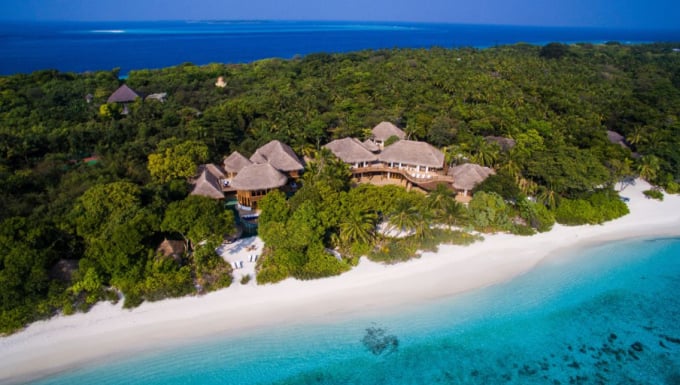
Soneva Fushi resort seen from above. Photo: CNN
Kunfunadhoo Island has a longstanding mosquito problem. During the annual monsoon season, from May to November, the number of mosquitoes increases dramatically. They have tried many methods, such as using mosquito traps, trying to eliminate breeding sites, but have encountered many challenges. Oines said previous mosquito-catching methods, such as chemical spraying, were discreetly applied by the resort but "certainly caused discomfort" to guests. Moreover, these methods only work on adult mosquitoes, and after a while the mosquitoes "get used to it".
The resort first used the new mosquito-killing system in 2019, with two different types of traps, more than 500 of them placed around the island. The first type of trap is for mosquitoes that have bitten humans and are looking for a place to lay eggs. The second type is used to attract mosquitoes looking for blood. Oines said the new method is “unique and effective” in that it mimics human skin and the smell of sweat, causing mosquitoes to “misunderstand” and fly towards the traps. In the first few weeks, the traps caught thousands of mosquitoes a day.
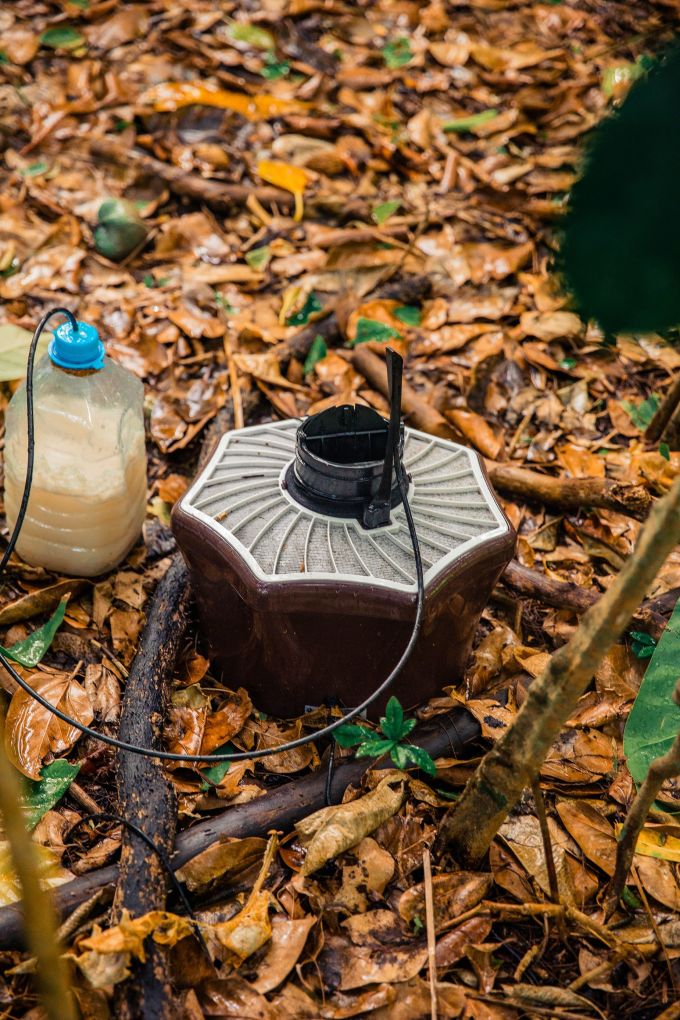
Eco-friendly mosquito traps on Kunfunadhoo Island. Photo: CNN
In addition to using traps, the resort regularly removes tarps, fallen coconut shells, and anything else that might hold standing water, where mosquitoes can breed. The anti-mosquito program has been successful. The resort recorded a significant reduction in the island’s mosquito population, by 98% in the first year.
“We count the mosquitoes we catch every day,” said the resort manager. The number of mosquitoes caught decreases each day and the resort receives positive reviews from regular guests who return year after year.
The new trapping system has also proven to be highly effective in long-term use without causing concerns about mosquitoes becoming resistant to the traps. Since switching to the new method of catching mosquitoes, without spraying chemicals, the Maldives' native insects such as bees and butterflies have flourished. "These natural pollinators are more numerous, there will be more flowers pollinated and more fruit," said a representative of the island. Birds have visited Kunfunadhoo's shores more often, and fireflies have returned at night, creating a romantic and beautiful scene for the island.
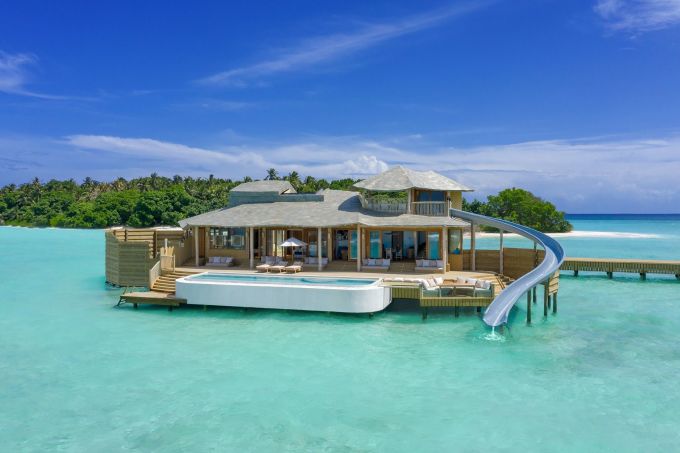
A water villa at the Soneva Fushi resort. Photo: CNN
The resort has also adopted many innovations to recycle, conserve energy, and reduce waste in the area. Today, Soneva Fushi is a leading example of sustainable luxury development in the hotel industry. The resort is aiming to become the first mosquito-free island in the Maldives, but it doesn’t want to be the only one holding the secret. The resort chain has donated the method of creating these two mosquito traps to the government and is training staff elsewhere to use them.
The mosquito-catching system is currently being deployed at Soneva Jani, a resort on the nearby island of Medhufaru, with similar results. The new Soneva Secret resort, scheduled to open in early 2024, has reported “no mosquitoes in months.”
“It would be great if the whole Maldives could do the same,” said a resort representative.
Anh Minh (According to CNN )
Source link



![[Photo] Prime Minister Pham Minh Chinh chairs the Government's online conference with localities](https://vphoto.vietnam.vn/thumb/1200x675/vietnam/resource/IMAGE/2025/10/5/264793cfb4404c63a701d235ff43e1bd)

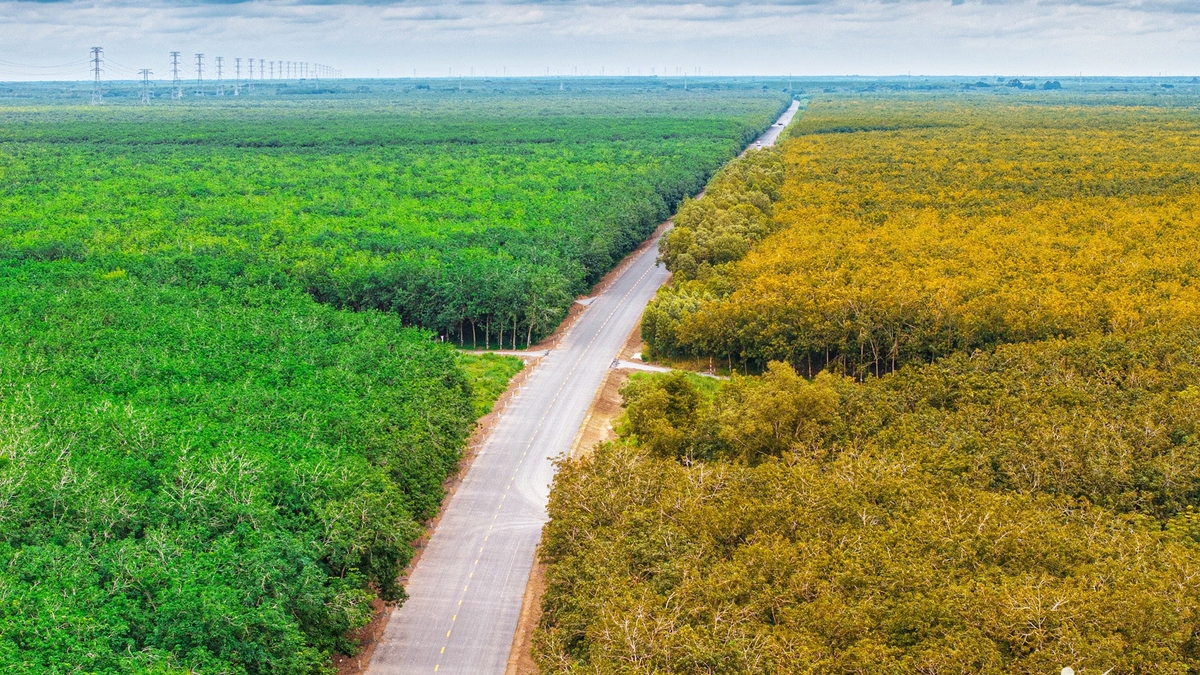
![[Photo] Opening of the 13th Conference of the 13th Party Central Committee](https://vphoto.vietnam.vn/thumb/1200x675/vietnam/resource/IMAGE/2025/10/6/d4b269e6c4b64696af775925cb608560)

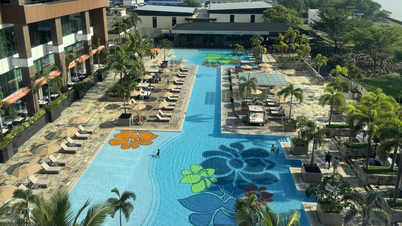

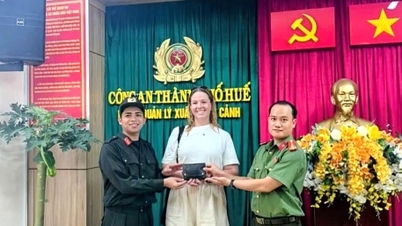

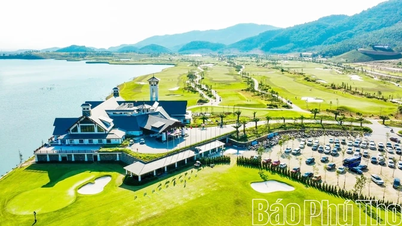

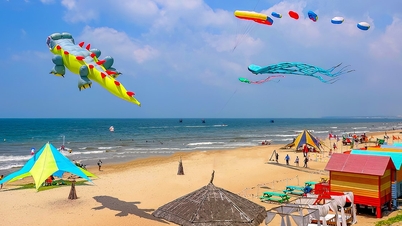

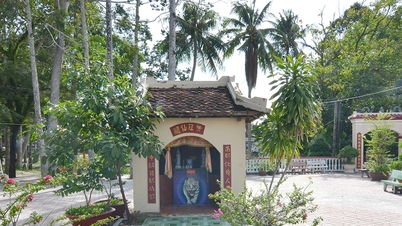
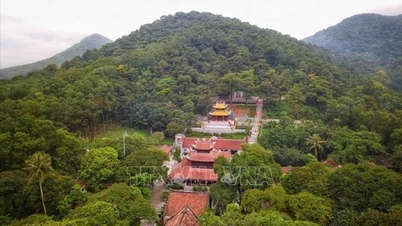

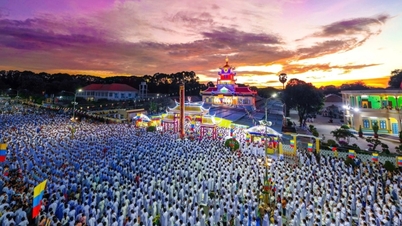

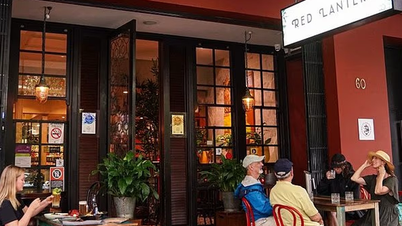

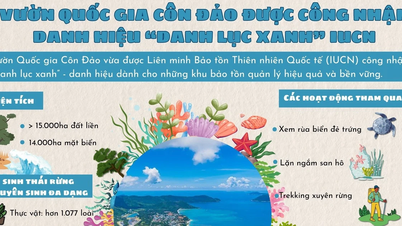

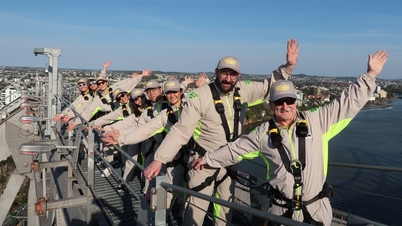

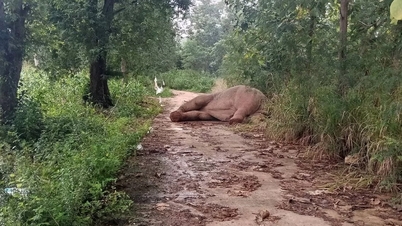
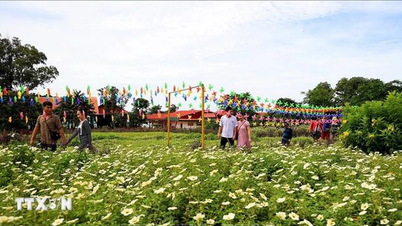











![[Photo] Prime Minister Pham Minh Chinh launched a peak emulation campaign to achieve achievements in celebration of the 14th National Party Congress](https://vphoto.vietnam.vn/thumb/1200x675/vietnam/resource/IMAGE/2025/10/5/8869ec5cdbc740f58fbf2ae73f065076)



























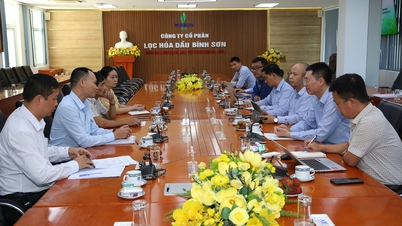


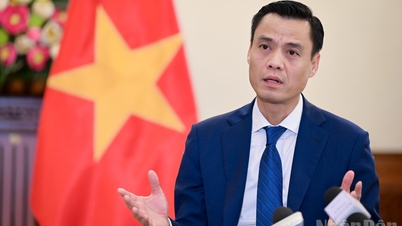
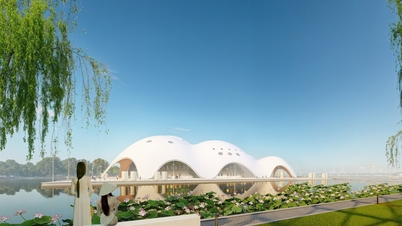
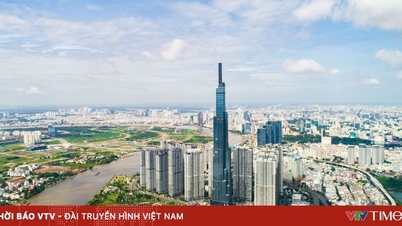

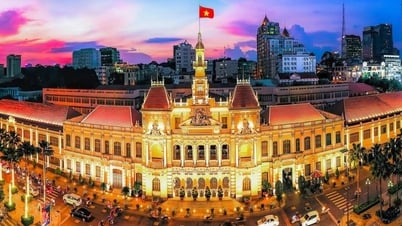
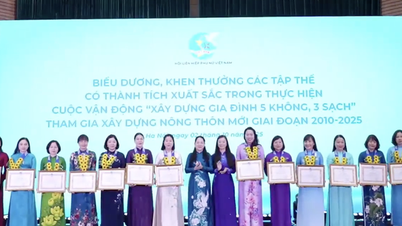

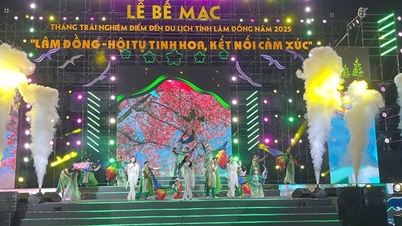
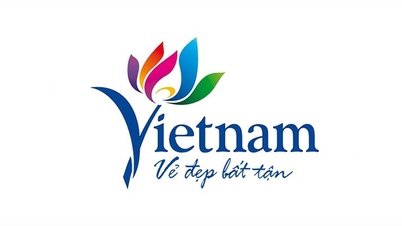
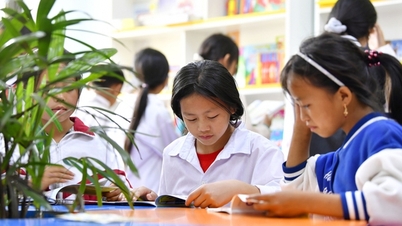
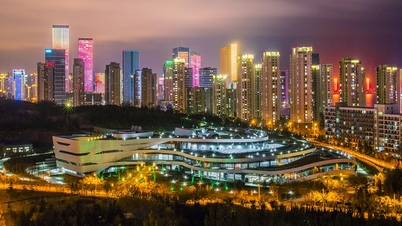

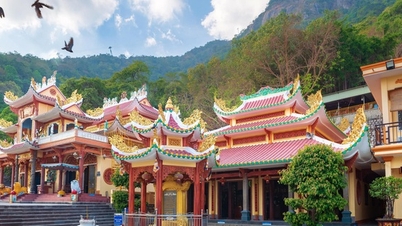
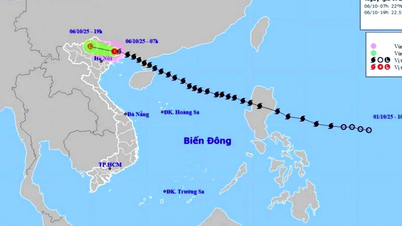

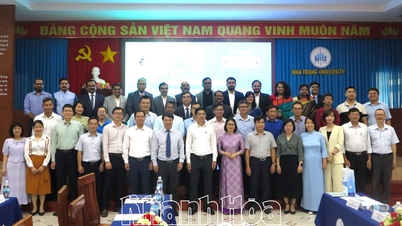




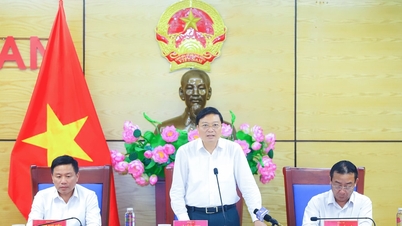

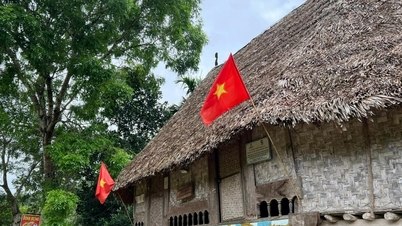














Comment (0)